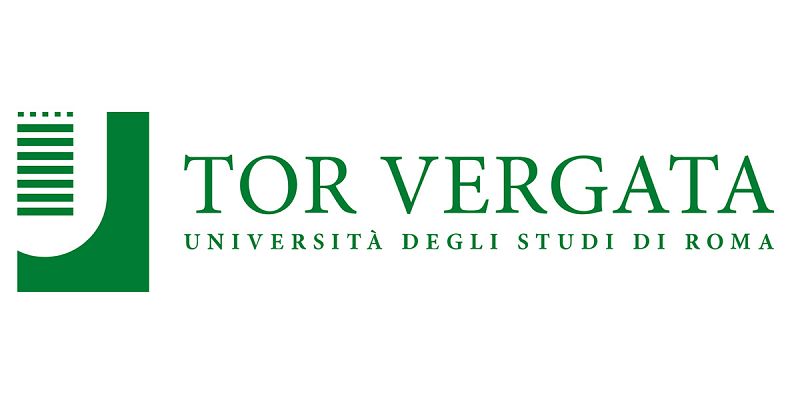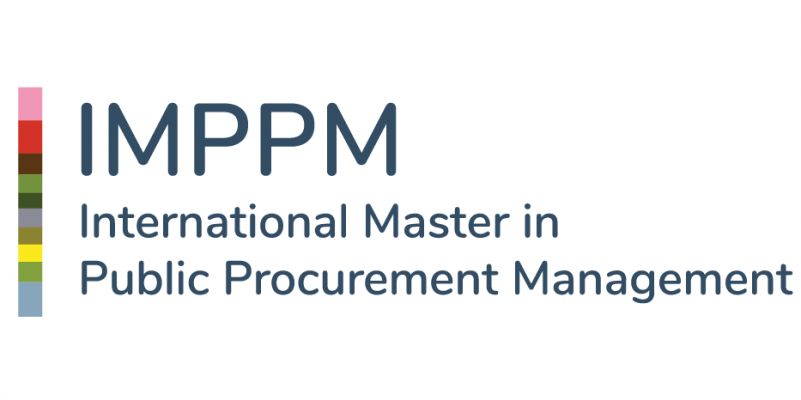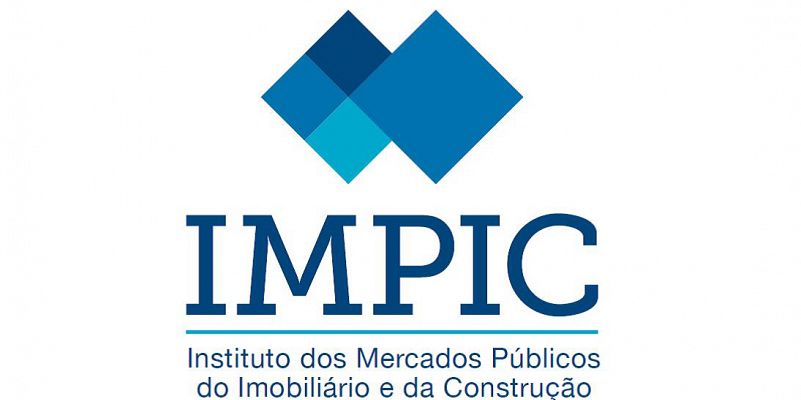CALL FOR PAPERS
The 6th Interdisciplinary Symposium on Public Procurement will host well-known academics and practitioners. All previous Symposia papers and debates have been published so far in a prestigious Routledge series
The aim of the Symposium is to bring together in the field of public procurement economists, managements and ICT experts, engineers and lawyers through dialogue and discourse. The organizers have the ambition of reducing the terminology barrier between them as well as reaching a joint wider understanding of practical issues in the realm of public procurement.
The Symposium attempts also to suggest reform measures for better rules of acquisition for Public Administrations. While topics and references will certainly involve the European Union environment it shall not be limited to this area, taking advantage of best practices worldwide.
In order to be part of this Symposium as a speaker we invite you to submit a paper on one of the 4 topics outlined below.
- Protectionism and Public Procurement
- Digital Transformation in Public Procurement
- The Case for a New EU Public Procurement Directive
- Professionalization in Public Procurement
In order to SUBMIT YOUR PAPER, please:
- Creare your account as a new website user
- On top of your screen click to my submission
- Click on + Start my submssion
- Please send your full paper and your CV also by mail to publicprocurementsymposium@gmail.com
Please check the following indications:
- Papers should contain a number of words ranging between 5000 and 7000 and a 100 words abstract including, at least once, the topic title.
- Citations: according to the requirements of the Harvard Referencing System no footnote, just endnote if necessary
- Papers submission will close on March 15, 2025 (with notification of acceptance/rejection on April 15, 2025).
- Full final paper, which will be published possibly in a new Routledge book, has to be sent no later than June 30,2025.
- Please send your full paper and your CV to publicprocurementsymposium@gmail.com
IMPORTANT INFORMATION:
- Accepted Speakers will be exonerated from paying the Conference Fee and the Gala Dinner Fee. So, please, if you intend to submit a paper, do not register until the end of the notification process.
- Accepted speakers' travel and hotel expenses are not covered by the the conference budget.
Navigating the Balance: Public Procurement Protectionism and Global Trade
Public procurement protectionism is a complex global issue that sits at the intersection of domestic policy and international trade. It involves the use of public procurement policies to favor domestic industries, often with the aim of protecting jobs and promoting economic growth. However, these policies can also lead to trade disputes and inefficiencies.
The challenge lies in striking a balance between protecting domestic interests and adhering to global trade rules. This requires a nuanced understanding of both domestic economic conditions and international trade agreements. It also involves navigating the political landscape, as public procurement policies can be influenced by political pressures and public sentiment.
Potential areas of discussion could include the impact of public procurement protectionism on global trade, strategies for balancing domestic and international interests, and case studies of countries that have successfully navigated these challenges.
Embracing the Future: The Digital Transformation Journey in Public Procurement
The digital transformation of public procurement involves the use of digital technologies to streamline procurement processes, improve transparency and enhance value for money. This can involve everything from e-procurement platforms to data analytics and artificial intelligence.
However, digital transformation is not just about technology. It also involves changes in culture, processes, and skills. This can be a challenging journey, requiring strong leadership, clear vision, and effective change management.
Topics for discussion could include the benefits and challenges of digital transformation in public procurement, strategies for successful digital transformation, and case studies of organizations that have successfully embarked on this journey.
Furthermore, the success of digital transformation is heavily dependent on the integrity of the data used by emerging technologies such as AI and RPA. Data governance plays a crucial role in ensuring this integrity. It involves the establishment of rules, policies, and procedures to manage data accuracy, consistency, security, and legality. Effective data governance can help organizations achieve better decision-making, operational efficiency, regulatory compliance, and risk management.
Charting the Course: Revising and Refining EU’s Public Procurement Directives
Public procurement plays a key role in the development of the public sector, acting as a lever to stimulate economic growth, innovation, and sustainability. Over the past decade, the role of public procurement has evolved significantly, with an increased focus on strategic procurement and the use of procurement as a policy tool.
The EU’s public procurement directives provide a framework for public procurement in the EU, aiming to ensure transparency, fairness, and value for money. However, these directives are periodically revised to reflect changes in the economic, political, and technological landscape.
The next legal revision should consider these changes and the increased importance of public procurement in achieving policy objectives. This could involve strengthening provisions related to sustainable procurement, social procurement, and innovation procurement, as well as enhancing the capacity of procurement professionals to implement these strategies.
Finally, the revision should take into account the lessons learned from the COVID-19 pandemic, which has highlighted the importance of flexibility and resilience in public procurement systems. This could involve revising rules related to emergency procurement and the strategic stockpiling of critical supplies.
Raising the Bar: The Path Towards Professionalization in Public Procurement
The professionalization of public procurement involves raising the status of procurement as a profession, enhancing the skills and knowledge of procurement professionals, and improving procurement practices. This can lead to improved procurement outcomes, including better value for money, improved supplier relationships, and enhanced public trust.
However, professionalization is not without its challenges. It requires investment in training and development, changes in organizational culture, and the development of clear career paths for procurement professionals.
Topics for discussion could include the benefits and challenges of professionalization, strategies for promoting professionalization, and case studies of organizations that have successfully professionalized their procurement functions.



